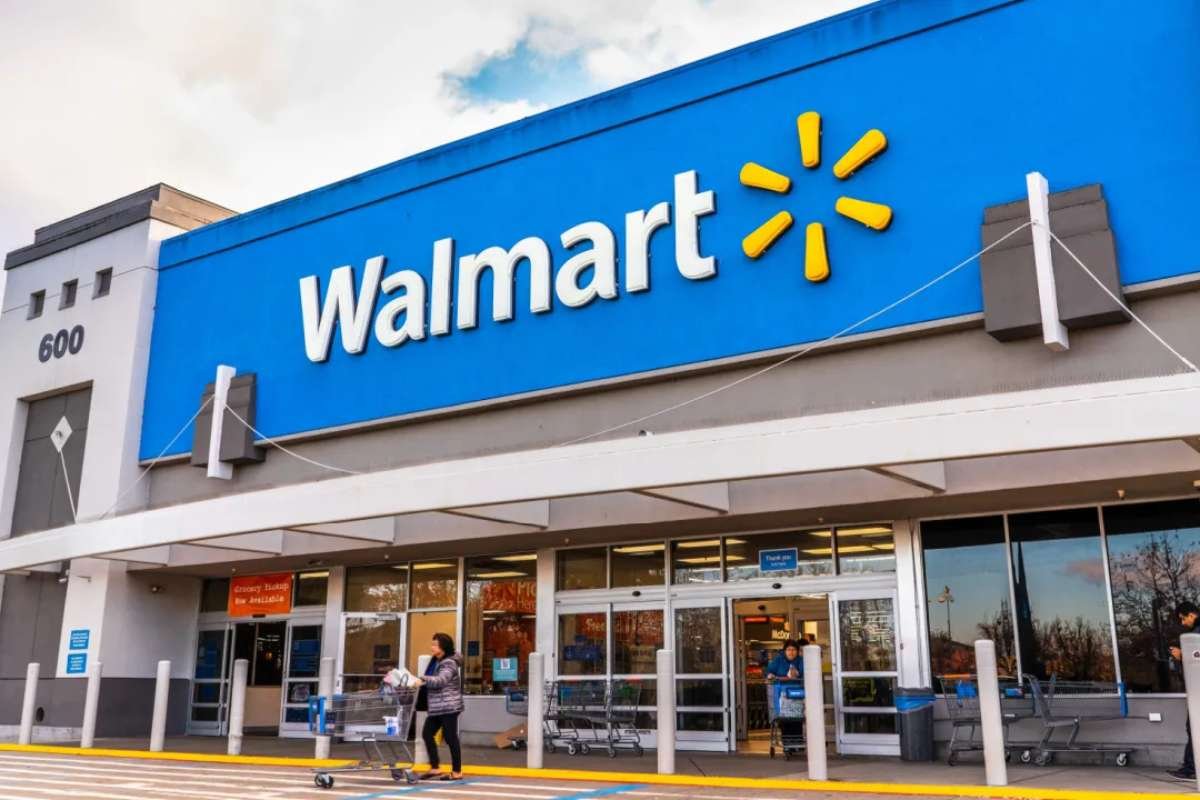Declining Revenue and Mounting Debt Push WeightWatchers Toward Bankruptcy
WeightWatchers, once a pioneer in the weight-loss and wellness industry, is reportedly preparing to file for bankruptcy, according to a source familiar with the matter. The company, which now goes by “WW,” is currently navigating negotiations with lenders and bondholders while exploring various financial options to address its growing liabilities. A staggering $1.6 billion in debt has severely hampered its operations.
The financial distress follows a significant shift in consumer behavior, as many former WeightWatchers customers have turned to fast-acting weight-loss drugs such as Ozempic, Wegovy, and Zepbound. These GLP-1 medications have surged in popularity due to their effectiveness and ease of use, challenging the traditional model of structured diets and lifestyle changes that WW has long promoted.
Founded in 1963, WeightWatchers once had a global presence, offering low-calorie meals, weight-loss plans, books, and memberships. It rose to mainstream fame with the help of high-profile endorsements, including Oprah Winfrey and Jessica Simpson. However, despite efforts to modernize, including the launch of its own weight-loss injection and the acquisition of a telehealth platform for obesity drug prescriptions, WW has struggled to keep pace with the rapidly evolving weight-loss market.
Celebrity Departures and Market Downturn Compound Challenges
The company’s decline became especially apparent in March 2023, when its shares hit an all-time low amid plunging revenue. The downturn accelerated following the resignation of Oprah Winfrey from WW’s board. Winfrey, a longtime investor and spokesperson, publicly acknowledged using weight-loss medication herself, signaling a shift away from the core principles WW was founded on—namely, healthy eating and behavioral change.
WW’s stock has continued to tumble and is now valued at just $33.3 million, a dramatic fall from its $6.7 billion peak. In stark contrast, Ozempic maker Novo Nordisk boasts a market capitalization of $2.6 trillion, highlighting the growing dominance of pharmaceutical solutions in the weight-loss sector.
The company’s financial woes have prompted it to draw the remaining $121 million from a $175 million loan due in April 2026, citing a need for greater financial flexibility. Beyond this, WW faces over $1.4 billion in loans and bonds maturing in 2028 and 2029. Despite the growing crisis, both WW and its lenders have declined to comment publicly.
Changing Strategies and Leadership Amid Market Shift
In response to its fading influence, WW made a strategic pivot last year by acquiring Sequence—now rebranded as WeightWatchers Clinic—to enter the obesity drug market. The move, though unconventional for a brand historically grounded in diet and behavioral change, was an attempt to stay competitive amid growing demand for medicalized weight-loss treatments.
However, the pivot has yet to yield the desired results. The company’s CEO, Sima Sistani, who led the push into telehealth and prescription services, recently stepped down after two years. Tara Comonte, a current board member, has assumed leadership on an interim basis. She expressed optimism about the company’s future, stating, “I am confident that we have the right team in place and are focused on the right strategies to drive growth.”
Despite efforts to modernize its business model, WeightWatchers’ future remains uncertain as it struggles to navigate a market now dominated by pharmaceutical alternatives and shifting consumer expectations.


















